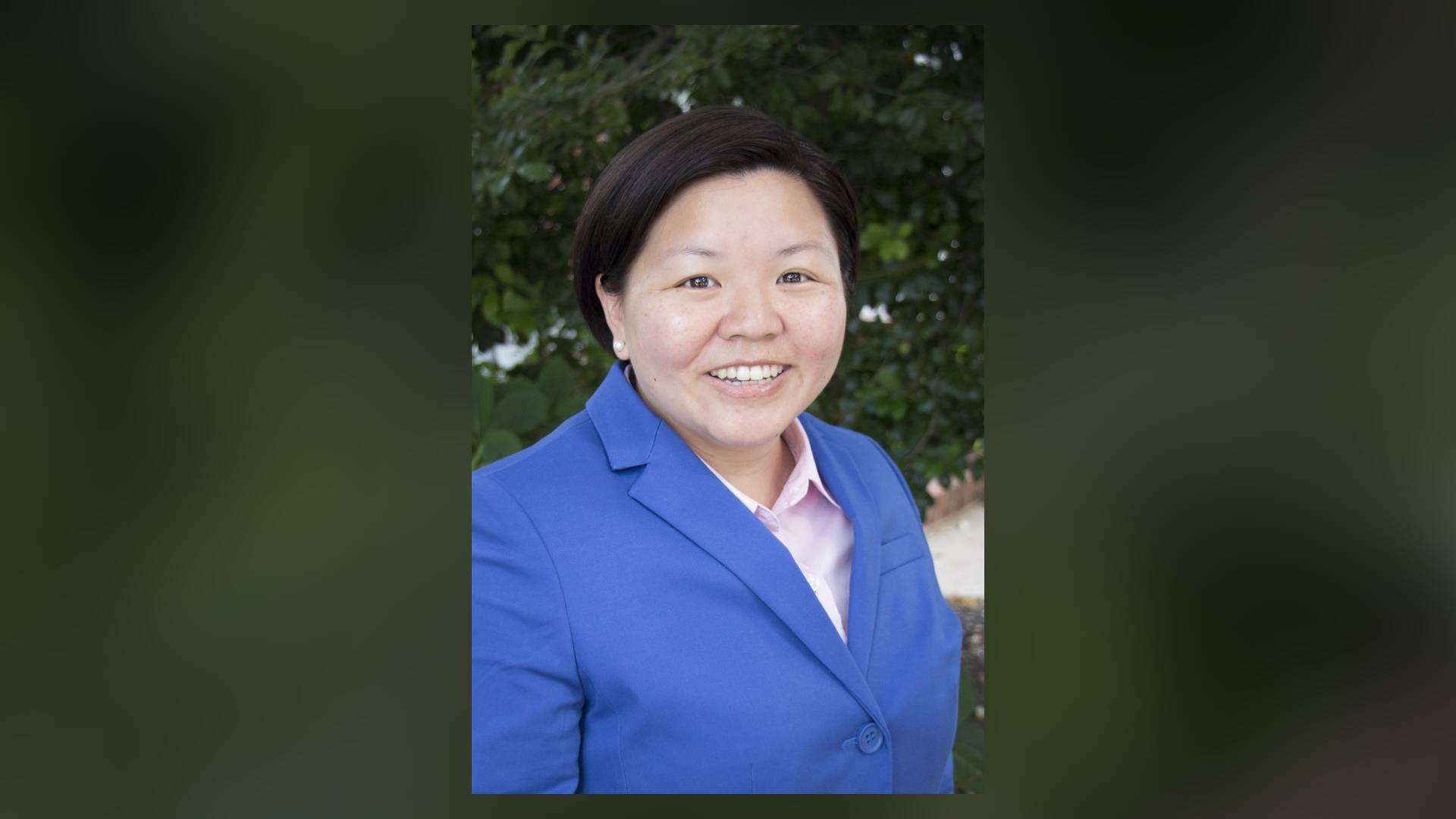Stephanie Chang will listen and learn in her new role as the University of Maryland’s diversity and inclusion assistant vice president.
Chang filled the position this summer following a search process that started in 2019 and was put on pause due to the pandemic and institutional hiring freeze, according to Georgina Dodge, the vice president of diversity and inclusion at this university.
Chang received a doctorate in higher education, student affairs and international education from this university in 2018. Years later, Chang said she came back to the university for its student culture and beautiful campus.
“I really love institutions that create opportunities for students, faculty and staff to voice their opinions and to help shape the culture of the environment and where it’s headed,” Chang said. “I see that here at the University of Maryland, which is also what really attracts me to this place.”
Chang supervises the Bias Incident Support Services, diversity training and education, LGBTQ+ Equity Center, Nyumburu Cultural Center and the Office of Multi-ethnic Student Education.
Chang said her main objective this year is to learn about the culture surrounding diversity, equity and inclusion at this university. Learning about the personal identities of its community members is a great way to start, she added.
“Culture is a big part of how I view and see my work and the campus environment,” Chang said. “What I’m really interested in are the experiences of individuals, groups and communities, based on their social identities.”
[New LGBTQ+ Equity Center director to focus on fostering community]
Chang’s identity has played a role in why she works in diversity and inclusion today. She immigrated from Taiwan to the U.S. as a child and became the first in her family to attend college. She is also part of the LGBTQ+ community.
As an undergraduate at the University of North Carolina at Chapel Hill, Chang noticed that there were few Asian American students, let alone Asian immigrant students at the university. Chang added that there were also a smaller number of people in the LGBTQ+ community.
“I felt excluded or I felt awkward and that’s not a feeling I ever want a student to feel when you’re coming into a new environment,” Chang said. “I really care about the student voice because it’s students and their identities and experiences that can help me and others do our work better.”
Chang majored in African and Afro-American studies at the University of North Carolina at Chapel Hill because it helped her gain a better understanding of culture and biases, she said.
Chang was previously the assistant vice president of institutional equity for student life at the University of Delaware, where she worked for six years.
In her previous role at the University of Delaware, Chang helped with the renovation of a 5000-square-foot space that is now called the Center for Intercultural Engagement. The center serves as a hub for addressing food insecurity at the University of Delaware.
[New club looks to unite Spanish-speaking community at UMD]
Asli McCullers, a doctorate student at this university who previously attended the University of Delaware, worked with Chang on food insecurity issues. McCullers said that Chang sees justice through different elements — whether its racial equity, food insecurity or student engagement.
“She has such a multifaceted view about how to make [diversity, equity and inclusion] meaningful and I think that really sets her apart,” McCullers said.
Nyumburu Cultural Center director Ronald Zeigler noted that Chang has done work related to race in her previous experience and said he is interested in seeing how her experience will translate to her current position.
He said he hopes to collaborate with Chang so that the Nyumburu Cultural Center can administratively support student organizations across campus.
Chang said she will continue to hear from students with different perspectives and noted that she is interested in speaking with minority students and those working in social justice.
“I got into this work of higher education because of the energy that students bring to a campus environment,” Chang said. “I really care about student voice because that is the heart of what this is about.”



